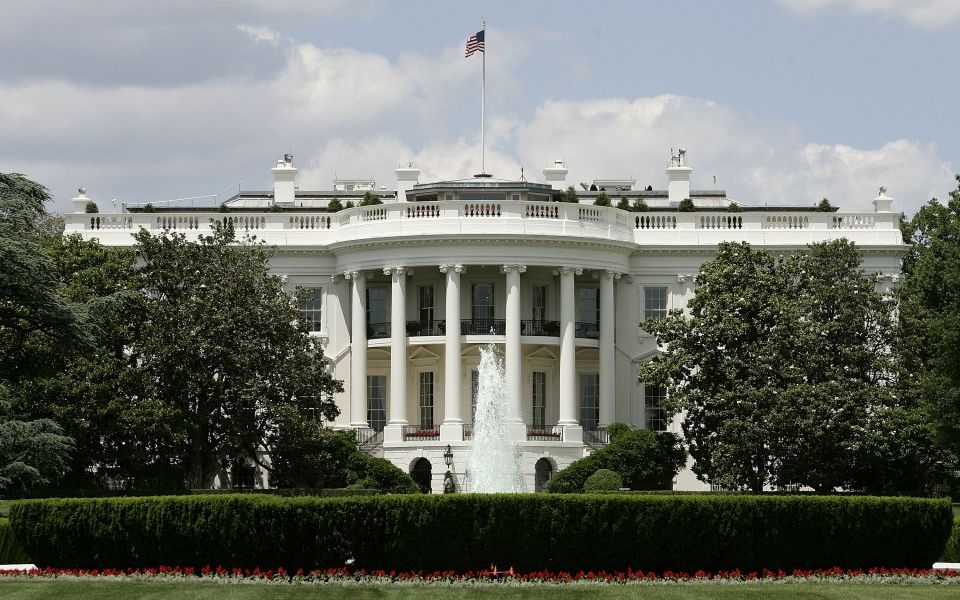US-China trade war: Markets feel the strain as new tariffs take hold

Fresh tariffs were accompanied by a war of words between Washington and Beijing today as the superpowers' trade war threatened to escalate.
Previously announced tariffs of 25 per cent applying to $16bn (£12.5bn) worth of Chinese goods came into force today, met with equivalent retaliatory measures.
China has introduced duties on 333 American products, including coal, steel products and fuel. A combined $100bn of products are now subject to tariffs from both countries.
Read more: Two days of trade negotiations to begin between US and China
Asian shares fell today at the escalation of the trade war. The Hong Kong Hang Seng declined 0.4 per cent, while the South Korean KOSPI and the Tokyo Stock Exchange also slumped. Asian stock markets have declined since January, and the China Securities Index 300 has slid 20 per cent since the conflict began in March.
As low-level trade talks continued today between the two nations, a war of words brewed. The Chinese Commerce Ministry described Washington as "obstinate" and said it plans to file a complaint to the World Trade Organisation, citing the US tariffs as a violation of WTO regulations.
Meanwhile, US commerce secretary Wilbur Ross told CNBC: "At the end of the day, we have many more bullets than they do."
It follows president Trump calling China “spoiled” earlier this week. Chinese state newspaper Xinhua wrote in its editorial today that “Washington's huff-and-puff bluster and now-or-never ultimatum will only cut short the odds of a productive dialogue”.
China Foreign Ministry spokesman Lu Kang declined to share an update on the progress of the talks, but said: "We hope that China and the US could sit down calmly, talk to each other in earnest, and reach a mutually beneficial outcome."
Trump has previously stated that the tariffs are designed to protect American technology and IP. So far tariffs have been largely limited to immediate goods, but duties planned for September are intended for consumer goods.
The US would impose a 25 per cent tax on $200bn of Chinese goods, while China plans to target $60bn worth of US products.
Consumer spending contributes to two-thirds of the US economy, and the coming tariffs are expected to have a negative impact on US growth.
IG analyst Joshua Mahony said: “There seems to be little headway being make over the months, and the inability of the Chinese to appease Trump’s demands mean that this is likely to rumble on for some time yet.
"However, with the bar set so low, there is also the potential for some sort of half-hearted announcement which sets out an agreement to work towards specific targets, in a similar ilk to that seen with the EU.”
Minutes released today from the European Central Bank’s latest policy meeting suggested China's stock market is suffering most from the trade war. In its global outlook report published today, Moody’s stated that further tariffs are likely to dampen international growth in the coming year.
Economists polled by Reuters expected the US economy to become a casualty of the trade war and slow in the coming quarters. A majority of the 56 economists questioned by the agency predicted the present rate of 4.1 per cent growth to halve by the end of next year.
Read more: Dollar slides after Trump's criticism of the Fed